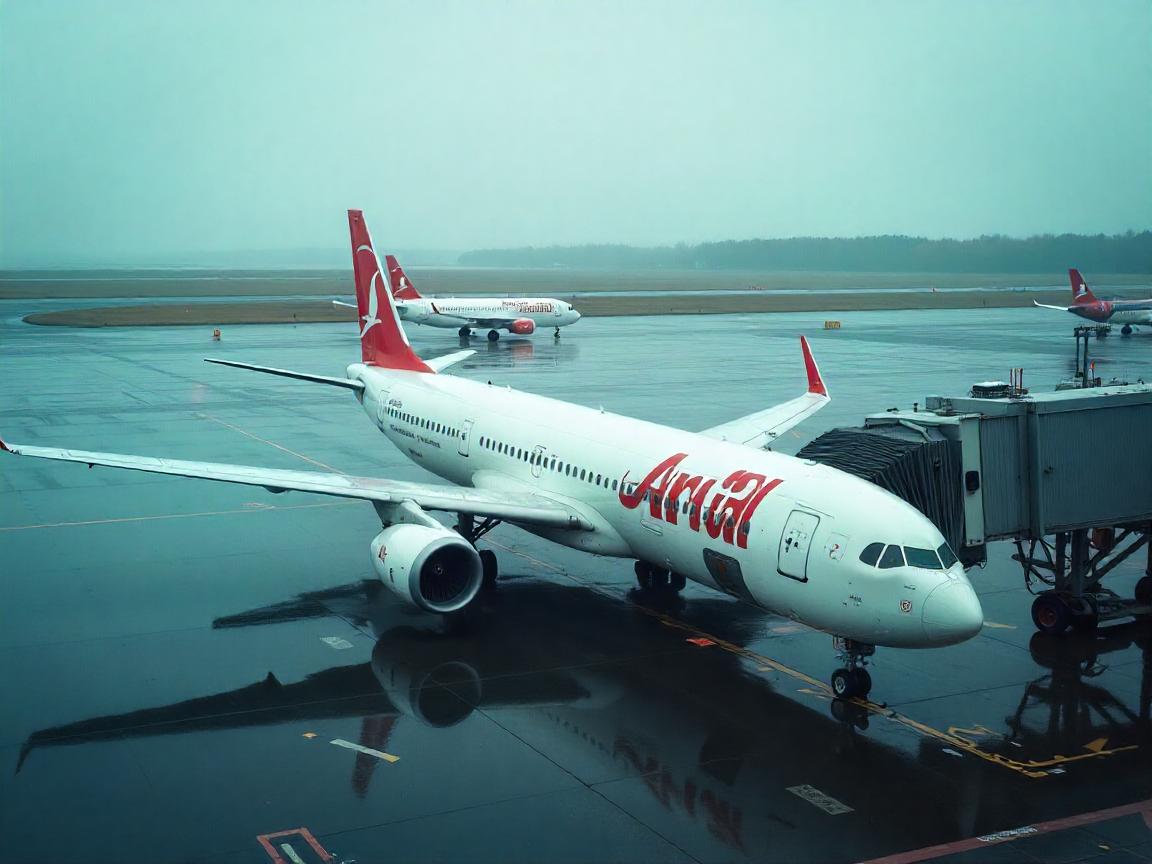Travel Disruption due to Blackouts in Spain and Portugal

Following a major power outage in Spain, significant travel disruptions continue, impacting travelers across the Iberian Peninsula with delays and cancellations. Transportation systems are gradually recovering, but challenges persist, affecting thousands of passengers. Iberia is offering flexible rebooking options for Tuesday flights, acknowledging minor delays linked to the power outage. Despite the blackout, Spanish airports remained operational due to emergency power systems, with Iberia only canceling 26 out of 247 scheduled flights. Overall air traffic operated at 93% capacity, but Iberia is allowing passengers to change travel dates without additional cost due to lingering issues such as limited public transport access to airports.
Renfe's entire network was paralyzed by the blackout on April 28, 2025, impacting high-speed AVE trains, commuter, and long-distance services. Travelers were stranded in major hubs, and routes to various cities were suspended. While some services like Madrid-Barcelona and Madrid-Valencia have resumed with delays and limited availability, commuter trains in cities like Málaga and Zaragoza are not at full capacity. Services in Andalusia and Extremadura remain heavily affected. Renfe is offering full ticket refunds or free changes, accommodating passengers on a first-come, first-served basis.
Madrid also experienced widespread disruptions, with the Metro initially halting completely. Most metro lines resumed service by the next morning, but Line 7A remains shut down. The Madrid Municipal Transport Company (EMT) expanded bus services, offering free rides to ease congestion. While the metro network is mostly operational, service frequency is irregular on some lines. The Cercanías commuter rail system in Madrid is operating at around 50% capacity, with certain sections still suspended. Real-time updates are available through apps, websites, and station announcements, emphasizing the need for flexibility.
Port operations also faced interruptions, with significant impacts in Algeciras, Valencia, Barcelona, and Vigo. Systems managing docking, customs, and navigation were temporarily offline. Ports like Valencia and Bilbao restored power later in the evening but face traffic backlogs. Container terminals in Barcelona were paralyzed, but activities have resumed. Operations in Vigo are normalizing, with full market activity expected to resume soon. Other coastal hubs reported minimal disruption, but logistical delays may cause minor service interruptions. Truck queues are clearing, but caution is advised until normal processing speeds are guaranteed.
Travelers are advised to stay informed through Renfe, Madrid Metro, and EMT's official websites and apps. Iryo has confirmed normal service for Valencia and Barcelona routes, while Ouigo passengers should check trip statuses online. Customer service lines are available for urgent assistance, and passengers can request refunds or changes. Renfe advises arriving early and being prepared for flexible seat assignments. Spain’s tourism industry is offering booking flexibility, encouraging rescheduling over cancellations. Long-term upgrades to power grid stability and emergency management systems are expected to be fast-tracked. Travelers should anticipate last-minute changes, maintain flexible itineraries, and monitor official channels for updates. Maxim Sevastianov, CEO of Trava, emphasized the need for travel firms to rethink resilience by setting up geo-redundant systems and automating processes to cope with unexpected disruptions and enhance customer experience.











